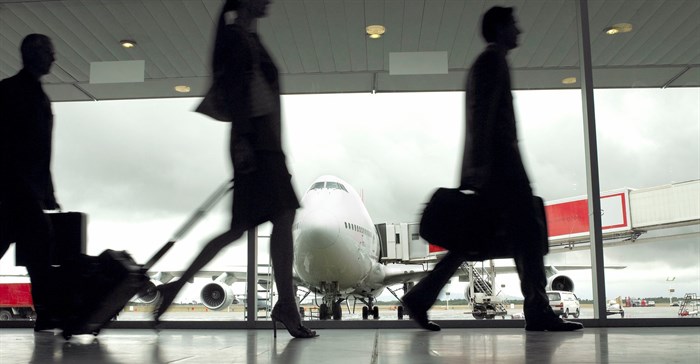
Top stories



ESG & SustainabilityRedisa calls on govt to fix South Africa’s “broken” waste management system
1 hour



More news














According to the World Bank, economic growth is expected to hit 1% in 2020, 0.7 percentage points lower than the previous forecast, and 1.3% in 2021, again half a percentage point lower than prior estimates. Moody’s also changed its outlook from stable to negative.
So far, the travel market has been relatively flat for the last 18 to 24 months, although government expenditure has reduced. The tough economic climate means we can expect a shift in revenue in the corporate travel market. People will opt for cheaper accommodation options and will choose to fly economy class instead of business class.
If Moody's negative outlook changes, we can expect a domino effect on the Rand-Dollar exchange rate. This may, in turn, result in higher airline prices and ongoing pressure from companies on cost reduction in terms of the travel spend.
Fortunately, it’s not all bad news. South Africa’s government and President are pro-business, which means South Africa is still seen as a leader on the African continent. A lot of South African companies are unlocking opportunities in Africa, and this will spur further growth in the years to come.
Increasingly, companies realise that business travel is imperative to grow businesses and expand in new markets. It is, therefore, unlikely that business travel will reduce. In fact, business travel is steadily increasing globally and is expected to be worth over US$1,7tn by 2022.
For business travel in the year ahead, we can, however, expect a greater focus on cost efficiency. This is where Travel Management Companies (TMCs) will prove their worth as strategic partners for companies in 2020, helping them interpret data, identify travel trends and drive meaningful savings.
Next year will see a greater focus on technology, with corporate travel becoming increasingly traveller-centric and value-driven. Smarter technology will make it easy for companies to identify opportunities for significant savings for the business as a whole, rather than focusing on small, often inconsequential amounts from individuals’ spend.
Although economic conditions in 2020 will continue to be challenging, we can expect a traveller-centric and value-driven corporate travel year with new technological innovations.
Checking into an Airbnb is often more complicated than checking into a hotel, and when the traveller finds the Internet pictures don't reflect the reality of the accommodation on offer, there is not much recourse. If problems arise with a hotel partner, the TMC can leverage its relationships to resolve any issues swiftly.
From a data perspective, customer relationships will also become more significant in 2020. The race to understand customer needs and trends, as well as unpack and interpret their travel data will become increasingly important. For the traveller, technological disruption will result in improved corporate travel platforms and enhanced user experiences.
Although economic conditions in 2020 will continue to be challenging, we can expect a traveller-centric and value-driven corporate travel year with new technological innovations. The current climate lends itself to people doing things differently, exploring efficiencies, leveraging strategic partnerships and embracing new platforms and technologies, which makes for an exciting year ahead.
